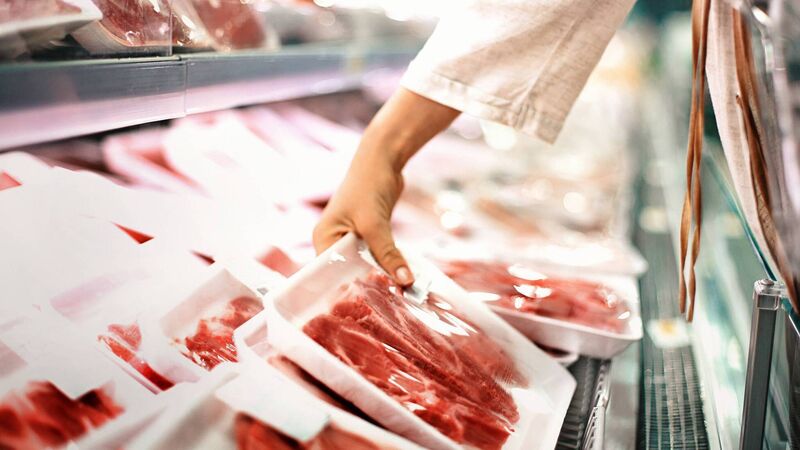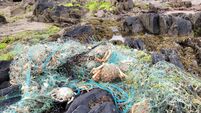EPA and IFA should have chewed the fat before unsavoury Meatgate

How is any state agency or organisation supposed to retain credibility if they shy away from what is ostensibly sound advice to swap out the lamb cutlets, sirloin steak, or pork chop once in a while to try a vegetarian dish of a Monday?
It's hard to know who comes out of Meatgate looking sillier — the Environmental Protection Agency (EPA) who posted and subsequently removed a seemingly innocuous tweet around meat-eating habits, or the farming organisations whose pressure compelled the environmental watchdog to retreat.
How is any state agency or organisation supposed to retain credibility if they shy away from what is ostensibly sound advice to swap out the lamb cutlets, sirloin steak, or pork chop once in a while to try a vegetarian dish of a Monday?
















